After severe heat waves hit much of Asia in April, temperatures spiked again in late May, which in the past has typically been a cooler start to the transitional season.

Many areas in Asia are suffering from record heat waves. Photo: Aly Song
Record high temperatures were recorded in China, Southeast Asia and other parts of Asia, as well as Europe, in April and May, and experts warn that more heat is coming.
“We can’t say these are events that we need to get used to, adapt to and mitigate, because they’re only going to get worse as climate change accelerates,” said Sarah Perkins-Kirkpatrick, a climate scientist at the University of New South Wales in Australia.
In Vietnam, the heat wave is expected to continue into June. On May 6, the highest temperature ever recorded was in Thanh Hoa province at 44.1 degrees Celsius. According to the National Center for Hydro-Meteorological Forecasting (NCHMF), Son La province also reached 43.3 degrees Celsius on Wednesday (May 31).
In China, Shanghai experienced its hottest May day in more than a century on Monday. A day later, a weather station in the southeastern tech manufacturing hub of Shenzhen also set a May record of 40.2 degrees Celsius. The heat wave is expected to continue across the south of the country for several more days.
India, Pakistan and Southeast Asia experienced a severe heatwave in April, causing widespread infrastructure damage and a rise in heatstroke cases. Bangladesh also experienced its hottest day in 50 years, while Thailand hit a record 45 degrees Celsius.
Chaya Vaddhanaphuti of Thailand’s Chiang Mai University said the April heatwave was “30 times more likely” to have been caused by climate change. A group of climate researchers said last month that the current spike in temperatures “may be caused by these factors”.
India and other Asian countries have come up with solutions to deal with the health risks arising from extreme heat, opening public "cool rooms" and imposing restrictions on outdoor work, but Vaddhanaphuti said governments need to plan better, especially to protect more vulnerable communities.
Researchers from the University of Bristol warned in a paper published in April that areas with little previous experience of extreme heat could be most at risk.
In countries like India, humidity has pushed temperatures to unsafe levels, so better solutions are needed, said Vikki Thompson, lead author of the paper. "At some point, we reach the limit of what humans can cope with heat," she said.
Scientists warned in another study published last week that up to 2 billion people will be exposed to dangerous temperatures if global temperatures rise by an average of 2.7 degrees Celsius this century.
Hoang Anh (according to CNA, Reuters, NCHMF)
Source


![[Photo] General Secretary To Lam attends the 8th Congress of the Central Public Security Party Committee](https://vphoto.vietnam.vn/thumb/1200x675/vietnam/resource/IMAGE/2025/10/4/79fadf490f674dc483794f2d955f6045)

![[Photo] Solemn opening of the 8th Congress of the Central Public Security Party Committee, term 2025-2030](https://vphoto.vietnam.vn/thumb/1200x675/vietnam/resource/IMAGE/2025/10/4/f3b00fb779f44979809441a4dac5c7df)


![[Photo] Bustling Mid-Autumn Festival at the Museum of Ethnology](https://vphoto.vietnam.vn/thumb/1200x675/vietnam/resource/IMAGE/2025/10/4/da8d5927734d4ca58e3eced14bc435a3)
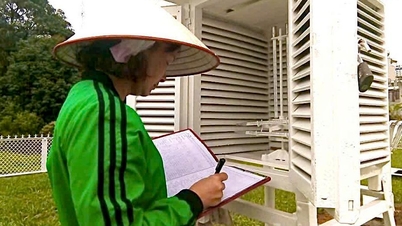

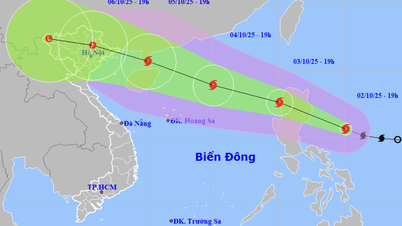

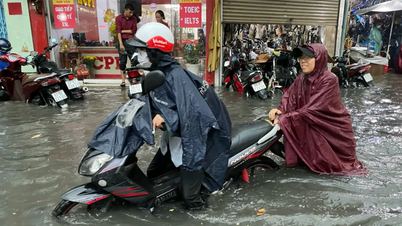

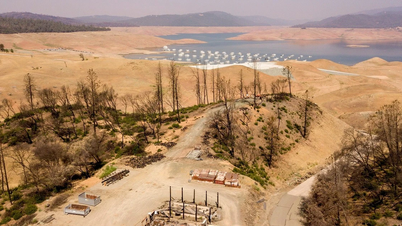

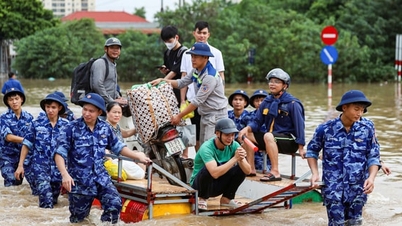

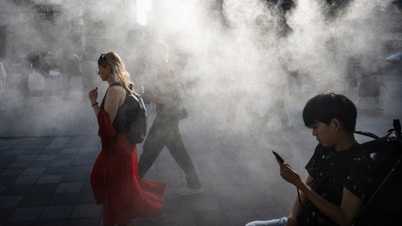














































![[VIDEO] Summary of Petrovietnam's 50th Anniversary Ceremony](https://vphoto.vietnam.vn/thumb/402x226/vietnam/resource/IMAGE/2025/10/4/abe133bdb8114793a16d4fe3e5bd0f12)
![[VIDEO] GENERAL SECRETARY TO LAM AWARDS PETROVIETNAM 8 GOLDEN WORDS: "PIONEER - EXCELLENT - SUSTAINABLE - GLOBAL"](https://vphoto.vietnam.vn/thumb/402x226/vietnam/resource/IMAGE/2025/7/23/c2fdb48863e846cfa9fb8e6ea9cf44e7)




















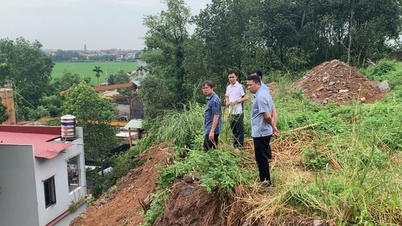










Comment (0)